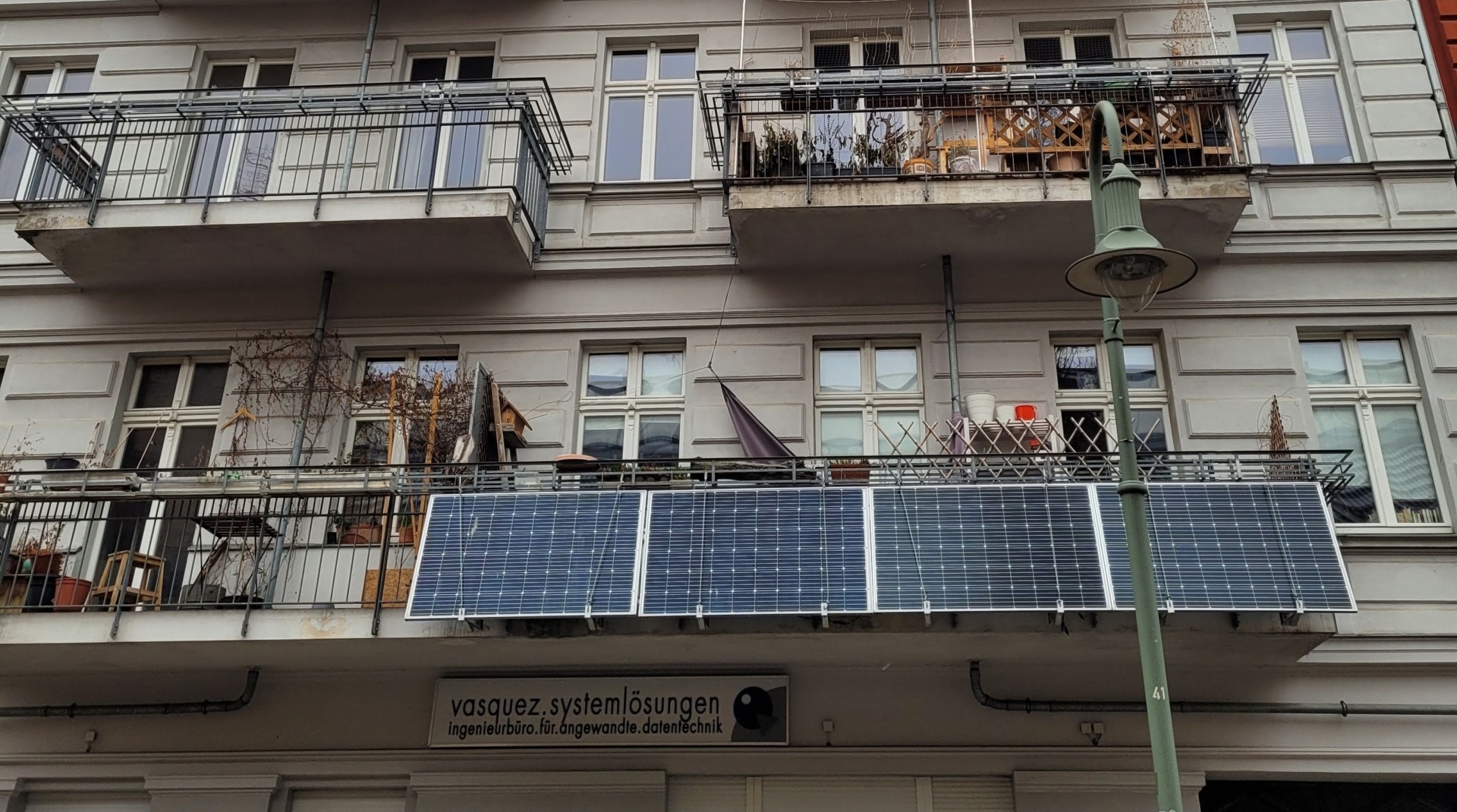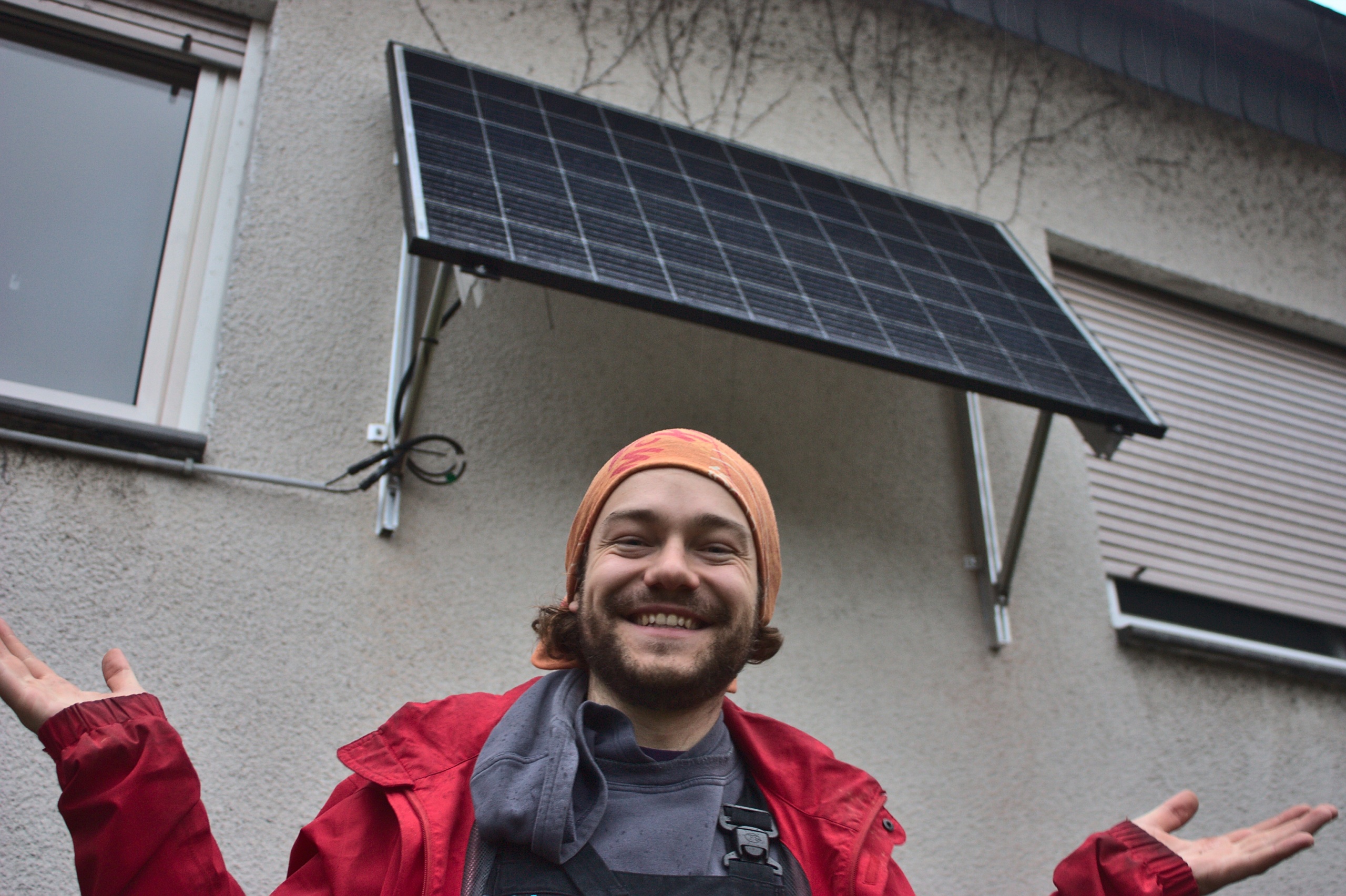SUNRISE – Prosumer Solar Energy
Raising awareness among people in Bulgaria, Lithuania, and North Macedonia for using solar energy to produce their own electricity.
Buildings Energy Transition Energy Transition and Climate-Neutral Buildings Renewable Energy

Project info
Bulgaria, Lithuania, North Macedonia
11/22 - 04/25
Non-governmental organisations, Associations, Consumers, National governments, Local governments, Regional governments
484,957.66 €
Contact info
Johann Strese
- Alliance of Lithuanian Consumer Organizations (ALCO)
- German society for solar energy section Berlin Brandenburg
- Habitat for Humanity Bulgaria
- Habitat Macedonia
- Nadacia Habitat for Humanity International
Background
The European Green Deal aims to achieve climate neutrality in 2050 and decarbonise the EU’s energy systems not least through reducing energy consumption within the building sector, which within the EU and its neighbouring countries accounts for 30 to 40 per cent of a nation’s total energy consumption. Solar energy – specifically photovoltaics (PV) – has great potential in regard to using renewable energies, especially in multi-family buildings. Solar PV also constitutes the most prominent technology for energy self-consumption. It requires little maintenance and, therefore, is relatively cheap in operation. However, in Bulgaria, Lithuania, and North Macedonia, the solar potential to produce energy and reduce CO2 emissions is still capable of improvement in multi-family buildings.

Project
The project addresses local organisations in Bulgaria, Lithuania, and North Macedonia to initiate the expansion of solar energy initiatives. It identifies legal and administrative barriers on national and local levels and develops solutions for multi-family buildings. The project helps to install 30-40 pilots of plug-in-PVs to test the elaborated approaches. These organisations receive training measures, dealing with housing consumer protection, renewable energy issues, and homeowners’ associations. In practice, SUNRISE supports homeowners, tenants, and consumers to install their own small-scale PV plants to generate their own electricity and contribute to the strategic national goals. Hence, the project enables self-consumption and puts consumers at the heart of the low-carbon transition for unleashing private investment in renewable energies.
Last update: July 2024

